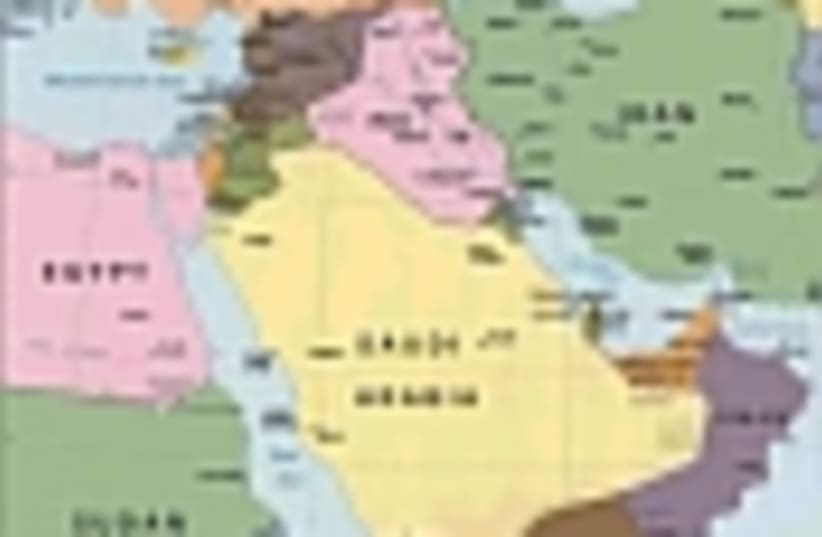| More about: | Muammar al-Gaddafi, Saddam Hussein, Hafez al-Assad, Ariel Sharon |
Global agenda
The starting-point of this analysis is to debunk the cliche that the Middle East suffers from chronic political instability.


| More about: | Muammar al-Gaddafi, Saddam Hussein, Hafez al-Assad, Ariel Sharon |